- Soma Mater's Newsletter
- Posts
- SOMA Newsletter
SOMA Newsletter
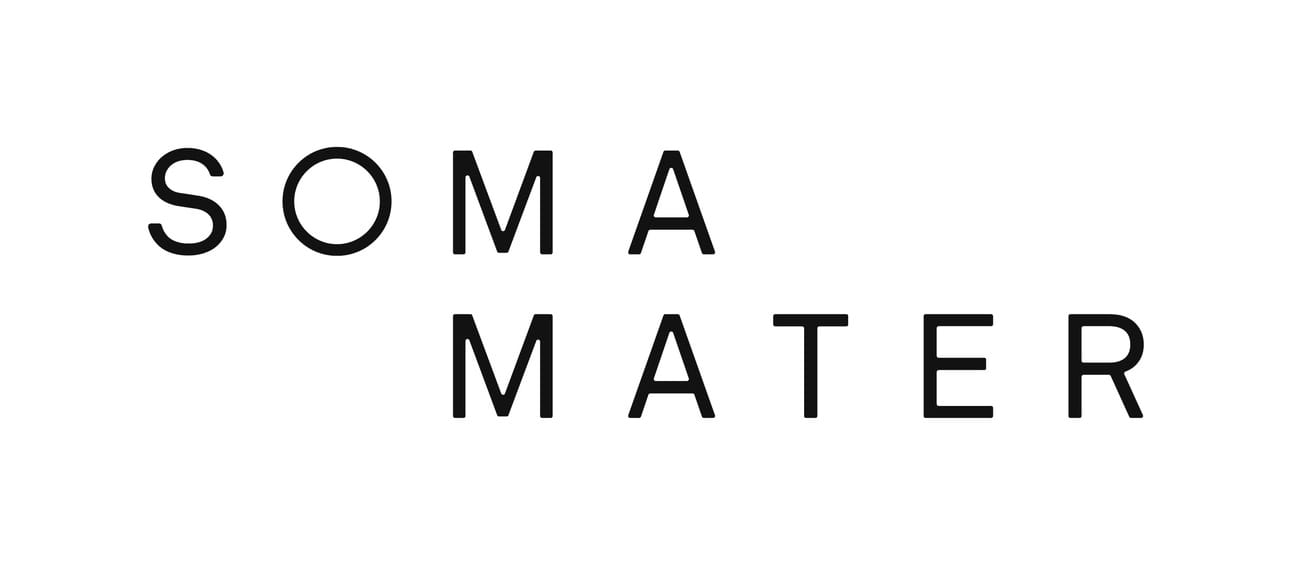
Welcome to the SOMA MATER weekly newsletter.
At SOMA MATER, we specialize in delivering comprehensive research and advisory services with a focus on Food & Water Security and Net Zero Transition in the MENA Region. In order to support our subscribing clients in navigating these topics and understanding the regional narrative, we produce monthly Food and Water Security and Net Zero Transition Intelligence Reports, along with our in-depth analysis and insights.
This weekly newsletter highlights the top 3 stories from the past week in Food and Water Security and Net Zero transition, along with SOMA MATER's analysis and perspective.
What are the critical risks threatening the United Kingdom food industry according to senior executives?
How could nuclear desalination become a solution to water security challenges in the Arab region?
How are Gulf countries modernizing power grids to integrate renewable energy and ensure power stability through the summer?
Sustainably yours,
The SOMA team
Hard Truths: Food Industry Execs Sound the Alarm
#FoodandWaterSecurity
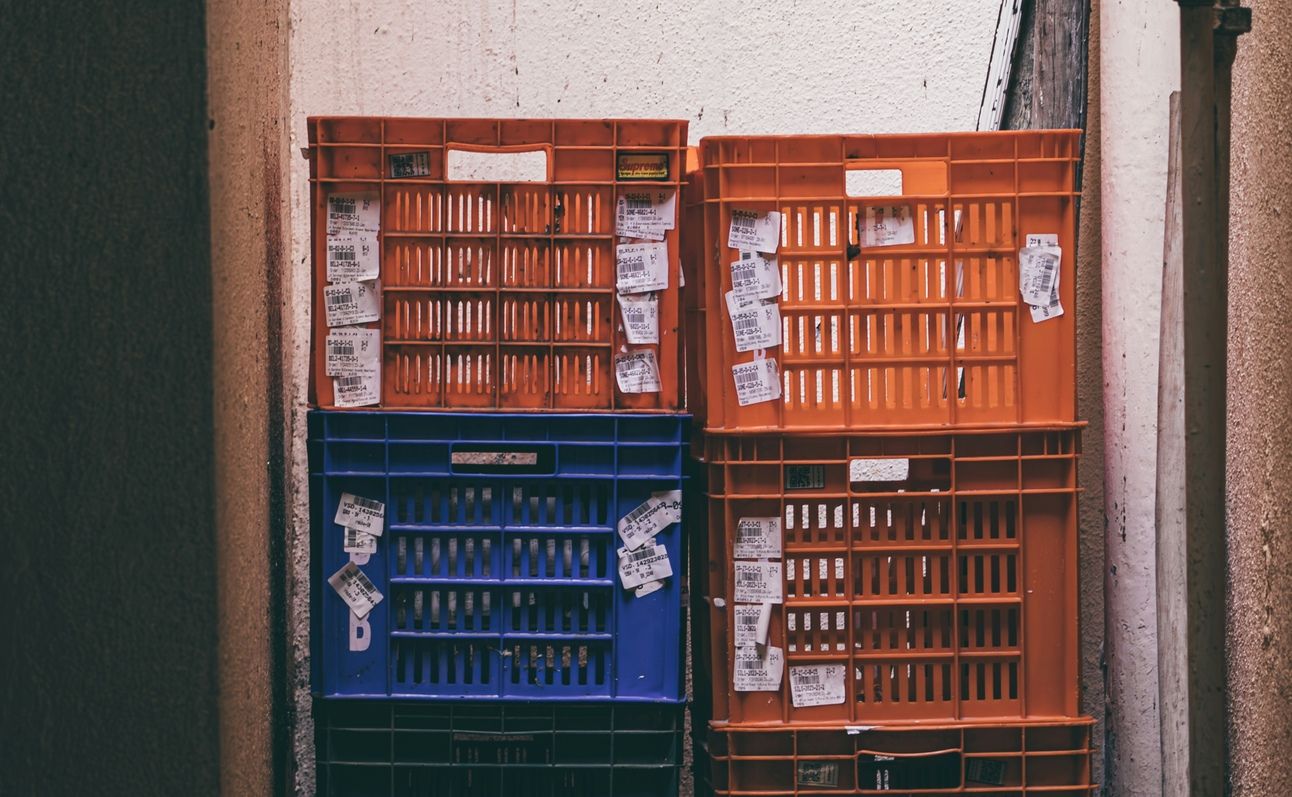
Senior United Kingdom (UK) food industry executives have issued an anonymous memo warning investors about climate-related risks facing the sector. They warn that the industry is heading towards an economic disaster potentially worse than the pandemic. They specifically highlight challenges like degrading soil health, water scarcity, global warming, and extreme weather events, which are already impacting yield, quality, and supply predictability (can no longer be relied upon from their sourcing regions in coming years).
The memo criticizes the industry's current approach to climate risk management, with mitigation strategies being treated merely as compliance exercises. The authors emphasize that what was once considered a long-term threat has now become an immediate concern. They argue that structural and cultural issues within the industry prevent full acknowledgment of these challenges, with companies often prioritizing short-term “positive” messaging over addressing fundamental threats to their operations.
To address these concerns, the executives are urging investors to take a more active role by questioning companies about their sourcing regions' viability, sustainable sourcing commitments, and risk mitigation investments. The situation has particular relevance for the MENA region, where water scarcity is even more acute, and the food sector faces heightened vulnerability due to heavy reliance on imports and limited arable land (Figure 1).
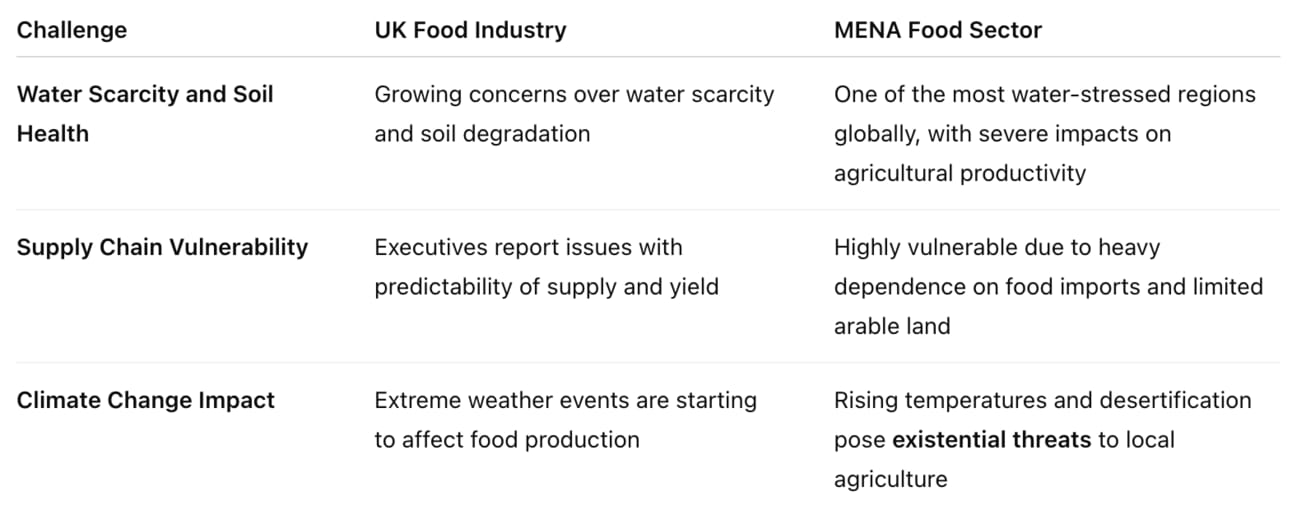
Figure 1
SOMA’s Perspective:
The UK food industry's reluctance to confront climate-related risks head-on represents a concerning pattern of institutional inertia. Whistle-blowers feel compelled to expose these vulnerabilities anonymously, speaking volumes about the sector's corporate culture. This underscores the critical importance of SOMA MATER's work in the region - to bring transparency and rigor to discussions about climate change's impact on our regional food systems.
Sources:
Atom-ically Fresh: The Nuclear Solution to Thirsty Times
#FoodandWaterSecurity #NetZeroTransition
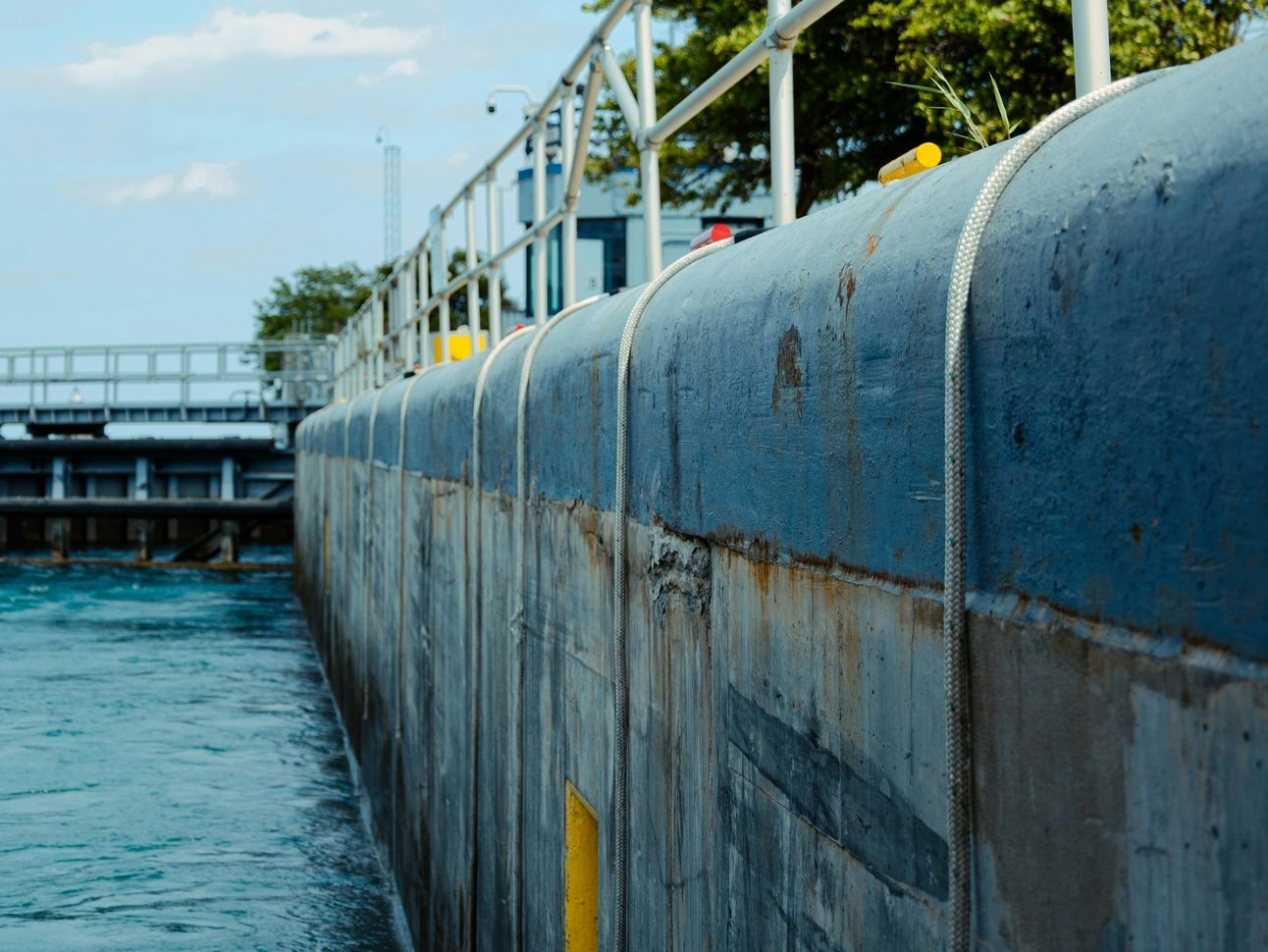
Nuclear desalination, a process utilizing both electricity and heat from nuclear power plants to desalinate seawater, is emerging as a promising solution for water security in the Arab region. This technology offers a cleaner alternative to traditional fossil fuel-dependent desalination methods, addressing both freshwater scarcity and carbon emission concerns.
The International Atomic Energy Agency (IAEA) has been supporting Arab countries for three decades in exploring nuclear desalination possibilities through technical studies, training programs, and regional cooperation. Several countries are making progress: Jordan is investigating Small Modular Reactors for Red Sea water desalination, Saudi Arabia - the world's largest desalinated water producer - is considering nuclear plants for its water needs, and Egypt is integrating nuclear technology into its water strategy with its first nuclear power plant under construction.
The economics of nuclear desalination has proven competitive with other desalination techniques, and its potential for providing stable, long-term water sources while reducing carbon emissions makes it an attractive option for the region. Yet, nuclear desalination needs proper investment, regulation and stakeholder support. The IAEA continues to support this initiative, developing new guidelines to help countries in the region implement nuclear cogeneration more effectively.
SOMA’s Perspective:
Nuclear desalination presents a possible solution to the region's water scarcity, but its implementation warrants careful consideration. Examples like the accident of Fukushima, infrastructure management, rigorous safety protocols and waste disposal present several challenges. The issue of nuclear waste requires sophisticated long-term management strategies. As the region contemplates this technology, policymakers must weigh the benefits of this source of power against the substantial responsibilities of managing it.
Sources:
Powering Up: When Grids Get Smart and Batteries Get Busy
#NetZeroTransition
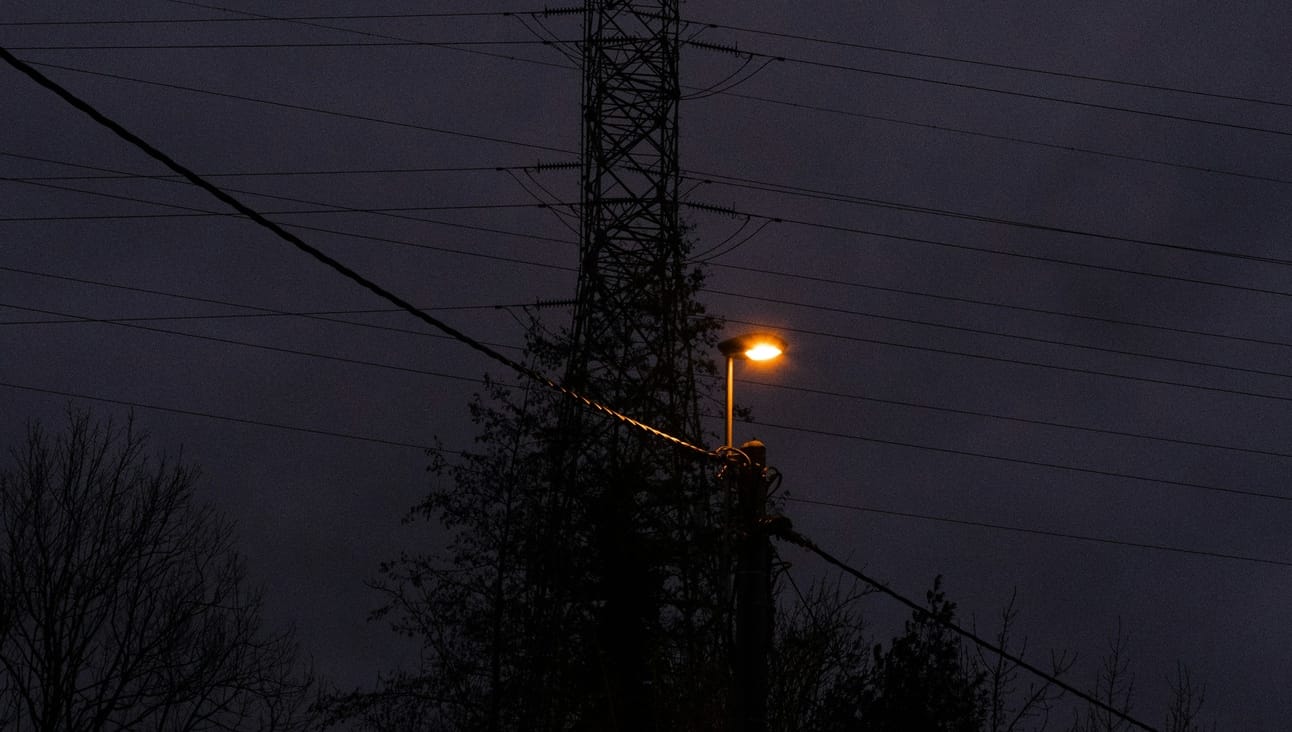
Oman Electricity Transmission Company (OETC) is leading grid modernization initiatives to advance the country's clean energy goals. Operating the main transmission network at voltages of 132kV and above, OETC aims to enable 30% renewable energy integration by 2030. The company is upgrading infrastructure with smart technologies, including AI-based forecasting tools and SCADA systems, while developing self-healing grid capabilities to better manage power distribution and disruptions.
Kuwait is also taking proactive steps to ensure power stability during peak summer demand through its Ministry of Electricity, Water and Renewable Energy. With 76% of its maintenance program completed, the ministry is exploring solutions like high-capacity battery storage systems to utilize surplus evening electricity during peak daytime hours. Plans also include the construction of 4 solar power plants and the deployment of ship-based power terminals capable of providing up to 800 megawatts of electricity.
Recent events in Europe highlight the challenges of renewable energy integration, as demonstrated by a massive power cut affecting Spain, Portugal, and parts of France. Despite Spain's achievement of 56% renewable power generation last year, the incident demonstrates the need for grid infrastructure investments worldwide. The focus remains on upgrading distribution systems to better manage scattered renewable generation and maintain proper grid balancing.
SOMA’s Perspective:
The transition to renewable energy brings with it a challenge: grid infrastructure. While nations eagerly trumpet their renewable energy targets, the matter of modernizing power distribution networks needs attention. As climate change intensifies, the necessity for resilient power networks becomes pressing. The question is whether existing systems can withstand the pressures of peak summer demands and increasingly extreme weather events. Recent events in Europe serve as a reminder that even advanced economies are not immune to grid vulnerabilities.
Sources:
SOMA MATER is writing Intelligence Reports on the topics of Food and Water Security and Net Zero Transition. If you’d like to know more, contact us through the link below: